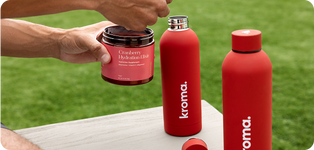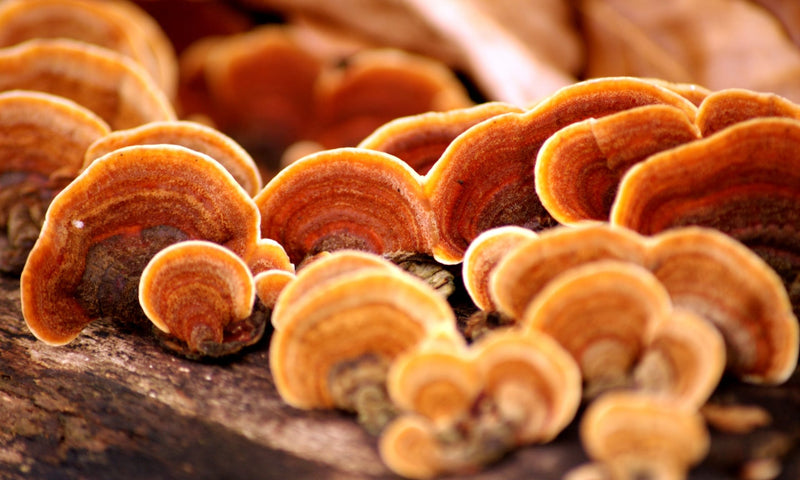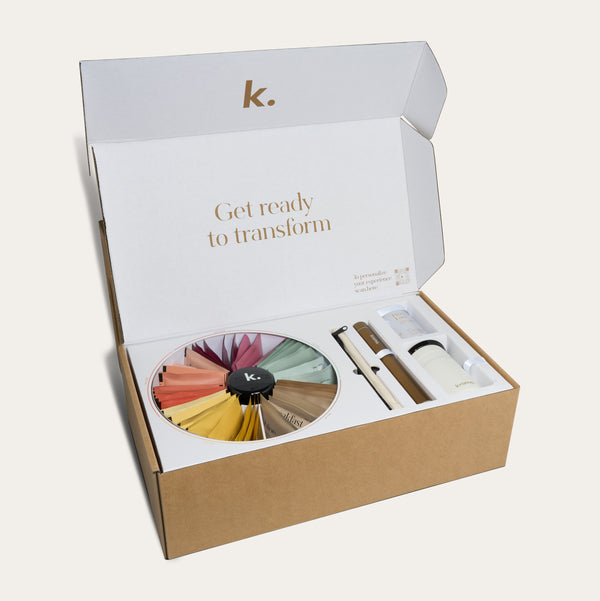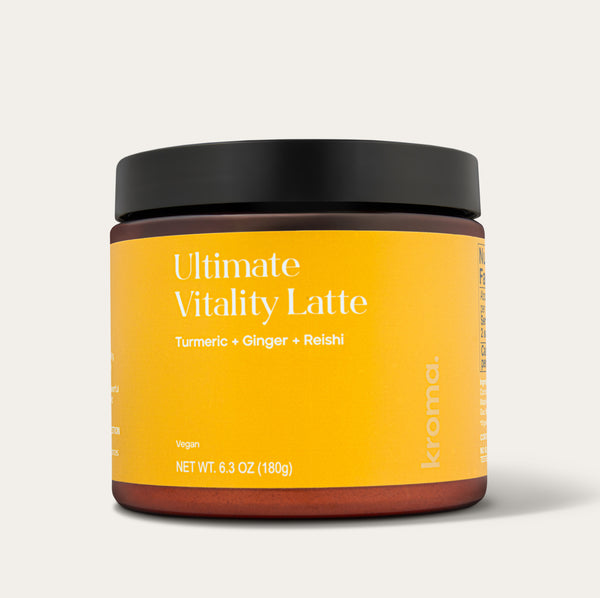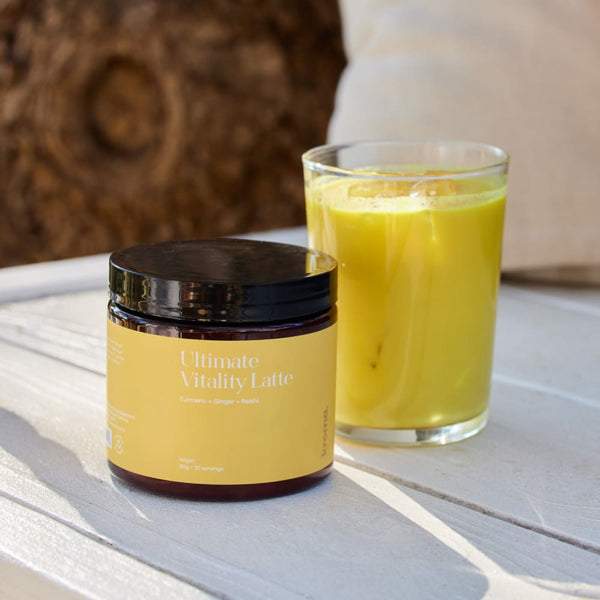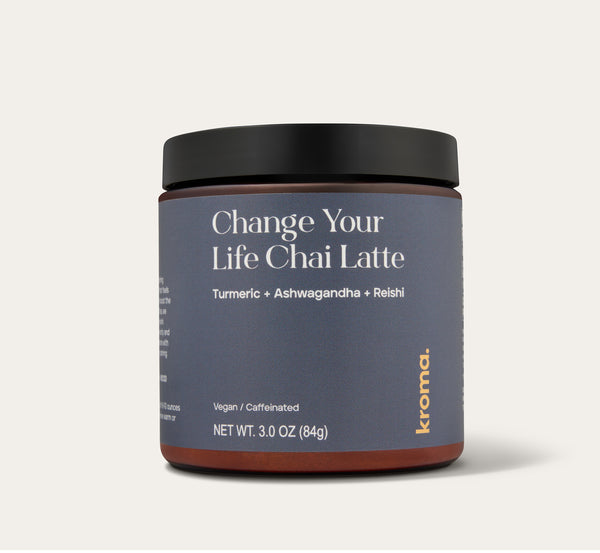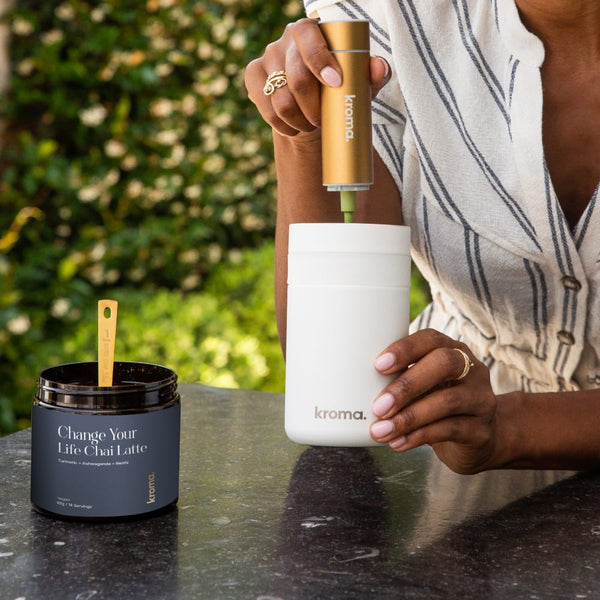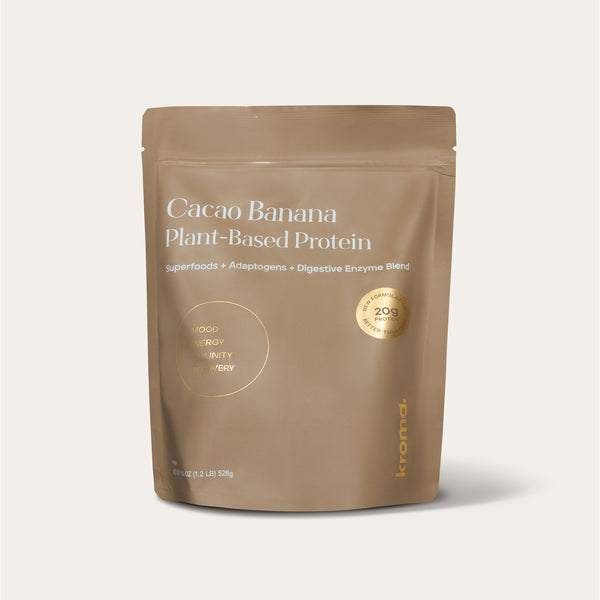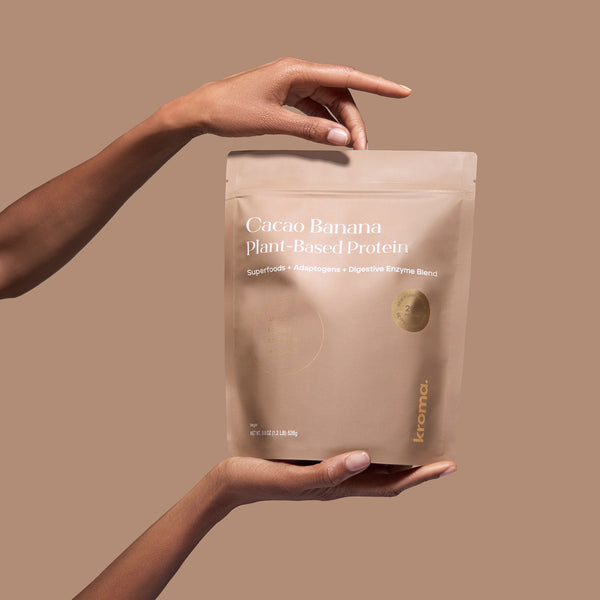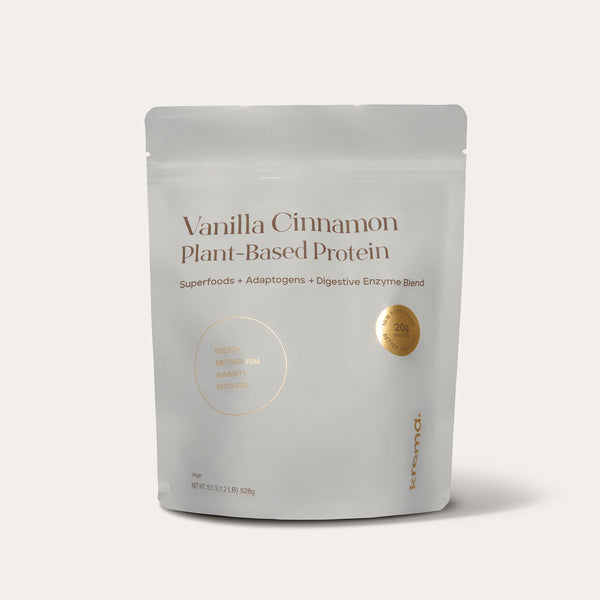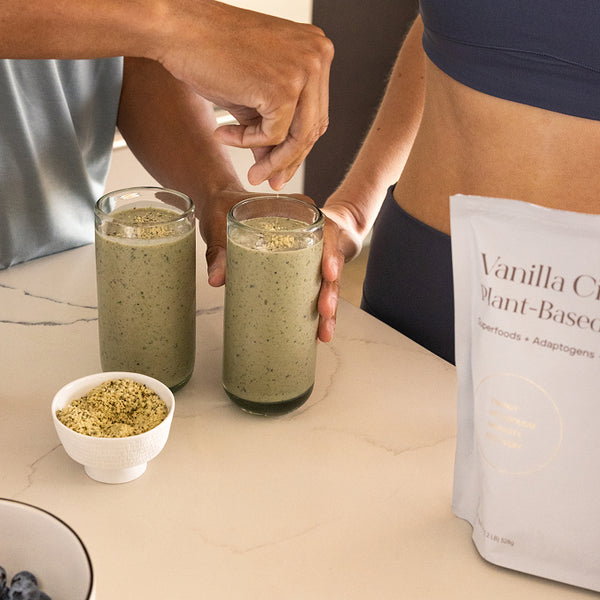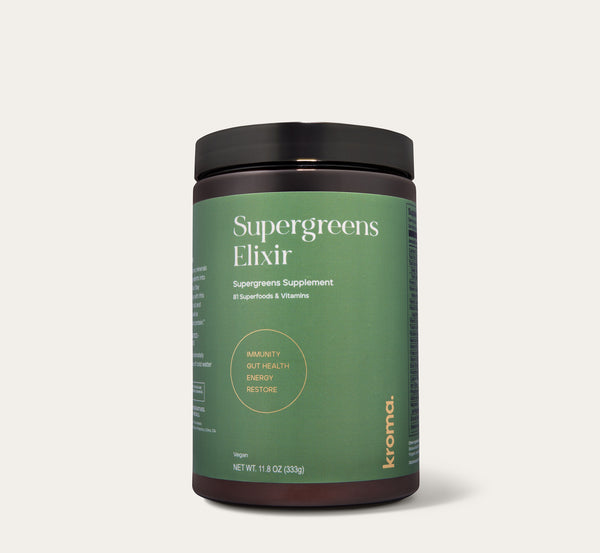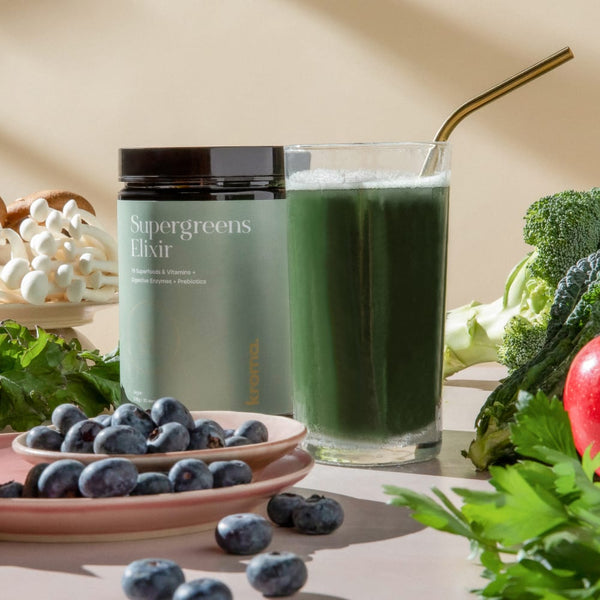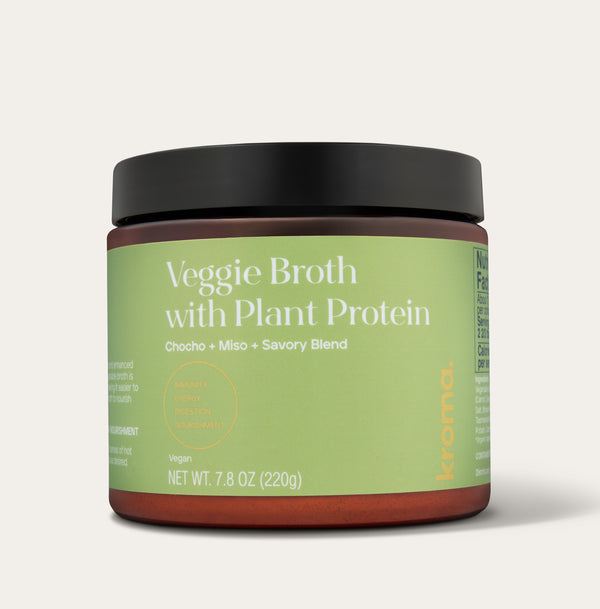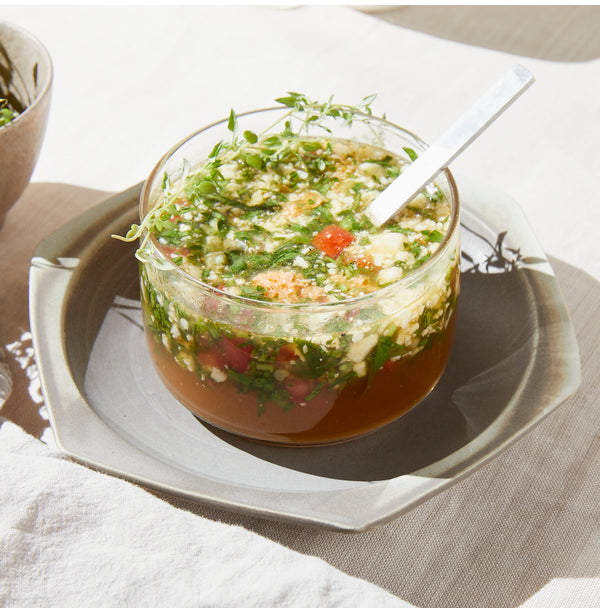Reishi mushrooms, nicknamed “King of Mushrooms,” are known for their potential to boost the immune system and heighten cellular regeneration. This unique fungus was historically reserved for royalty and has been a staple in alternative medicine for many years.
Find out which benefits the reishi fungus contains and how to incorporate this superfood into your diet. Everything you need to know about the possible side effects and health benefits of reishi mushrooms is in this article, so let’s get started!
What Are Reishi Mushrooms?
Reishi mushrooms, also known as Ganoderma lucidum or Lingzhi, are native to Asia and have been part of traditional Eastern medicine practices for over 2,000 years. These mushrooms have a reddish-brown, kidney-shaped cap with bands and a fan-like appearance leading to the stem. Fresh lingzhi is short, flat, and cork-like in appearance.
Reishi mushrooms grow in the hot, humid temperatures of Asia. They contain triterpenes, polysaccharides, and peptidoglycans, responsible for the mushroom’s health benefits.
It is common to consume raw reishi, reishi mushroom powder, and reishi extracts as teas, tinctures, capsules, and energy bars.
What Are The Benefits of Reishi Mushrooms?
There are many benefits of reishi mushroom supplementation, including tons of vitamins and minerals. Some of these health benefits need additional studies; however, they all have a pretty good foundation of research, which is why they’ve made it to our list!
Here is a list of ten health benefits of the reishi mushroom.
1. Immune Support

Many Asian countries regularly use reishi to boost the immune system for general health. Scientists believe that the beta-glucan (complex sugars) compounds in reishi mushrooms stimulate the immune system. Reishi mushrooms may specifically support healthy white blood cells, which are essential for your body to fight off illnesses.
Kroma Ultimate Vitality Latte contains reishi mushrooms with turmeric extract, ginger extract, and black pepper to support immunity and calm inflammation in the body.
2. Energy Support
Reishi mushrooms are adaptogens, and adaptogens are ingredients that help the body adapt to stress. Scientists performed a study on 132 patients suffering from exhaustion (neurasthenia). These participants experienced lessened irritability, aches, and pains, which improved due to consuming a compound found in reishi mushrooms.
Studies also indicated that reishi mushrooms may reduce chronic fatigue and boost the immune system to promote heightened energy levels.
3. Heart Support
Contradictory studies indicate that reishi mushrooms may or may not improve risk factors for issues with heart health. One analysis performed on 26 people showed that reishi may increase good HDL cholesterol and decrease triglycerides.
4. Blood Sugar Support
Mushrooms are a low-calorie, nutrient-dense carbohydrate food ideal for those with high blood sugar. Research backs that reishi mushrooms can help manage and maintain healthy blood sugar levels.
Mushrooms also just make a great snack because they are low on the glycemic index and low in carbohydrates, which means they do not raise blood sugar levels too high like high carbohydrates do.
5. Blood Pressure Support
A study performed in 2014 on rats concluded that reishi contains a compound that may support healthy blood pressure. People who take blood pressure medicine should check with their doctor before consuming reishi. Consuming reishi while taking blood pressure medicine may lower blood pressure to dangerous levels since there are two components working to lower levels.
6. Brain Support
A study performed on alcohol-consuming rats resulted in increased energy supply to the brain and decreased inhibitory neurotransmitters, thus improving brain function.
7. Antioxidant Booster
Reishi mushroom is used across Traditional Chinese Medicine for immune support with claims that it contains antioxidant properties that prevent cell damage. While one study indicated that there was no proof of a change in the levels of antioxidant enzymes in the blood after the four to 12-week consumption of reishi, anecdotal evidence says otherwise, so there’s a little more research needed for this specific benefit.
8. Cholesterol Support
The triterpenes and beta-glucans in reishi mushrooms may reduce total cholesterol and bad LDL cholesterol.
9. Stress Support
Reishi is known as an adaptogen, or substance that can help the body cope with stress and tension. Consuming adaptogens can support your body's stress response.
10. Liver Support
The spores in reishi mushrooms promote liver cell regeneration in mice, improving the liver’s ability to flush toxins out of the body. A healthy liver affects many other body functions, including blood sugar management and reducing allergy symptoms.
How Should I Consume Reishi Mushrooms for Best Results?
People consume reishi mushrooms raw or dried, and it is easy to add reishi powder to smoothies, teas, and drinks in powdered form. You can also slice these mushrooms and sprinkle them on soups and salads.
Should Reishi Be Taken On an Empty Stomach?
The vitamin C in reishi is best absorbed when consumed on an empty stomach in the morning. Add reishi to hot tea or coffee to incorporate this nutritious superfood into your diet.
Is It Safe To Take Reishi Mushrooms Every Day?
Experience the full health benefits of reishi mushroom with the daily consumption of this fungus. Contact a doctor or herbalist to discuss whether reishi is an excellent addition to your diet.
How Much Reishi Is Safe?
The People’s Republic of China recommends six to 12 grams of reishi per day as a safe dosage. Some people consume slightly less or more with no adverse effects. It is vital to read the label for dosage recommendations and contact your doctor with any questions.
What Are Reishi Mushrooms?
Reishi mushrooms, also known as Ganoderma lucidum or Lingzhi, are native to Asia and have been part of traditional Eastern medicine practices for over 2,000 years. These mushrooms have a reddish-brown, kidney-shaped cap with bands and a fan-like appearance leading to the stem. Fresh lingzhi is short, flat, and cork-like in appearance.
Reishi mushrooms grow in the hot, humid temperatures of Asia. They contain triterpenes, polysaccharides, and peptidoglycans, responsible for the mushroom’s health benefits.
It is common to consume raw reishi, reishi mushroom powder, and reishi extracts as teas, tinctures, capsules, and energy bars.
Precautions
There aren’t any side effects known for the consumption of reishi mushrooms. According to a study, reishi indicated no evidence of toxicity in the liver, DNA, and kidney. If you are pregnant or breastfeeding, it may be best to avoid consuming reishi since there isn’t any solid research showing either safety or toxicity.
How Long Does It Take for Reishi To Work?
Be patient, it takes anywhere between ten days to two weeks to experience the health results of reishi mushroom. Most supplements take time to build up your system and produce positive side effects.
The Bottom Line

Reishi mushroom has many health benefits and makes a great addition to your daily diet in capsules, teas, and salads. Research is ongoing on reishi mushrooms; however, science supports many health benefits.
Some people find the taste of reishi too bitter to cook with and would rather supplement reishi into their diet through capsules, teas, and extracts.
We at Kroma Wellness believe that Mother Nature is our greatest resource. Natural fuel for our body, mind, and soul begins from within, utilizing nutrient-rich foods and super herbs as medicinal foods.
Our Spicy Passion Latte contains reishi mushroom, cacao, goji, and maca, along with other superfoods to create a delicious, creamy, nutritious latte. Allow Kroma to help you achieve your health goals this year.

